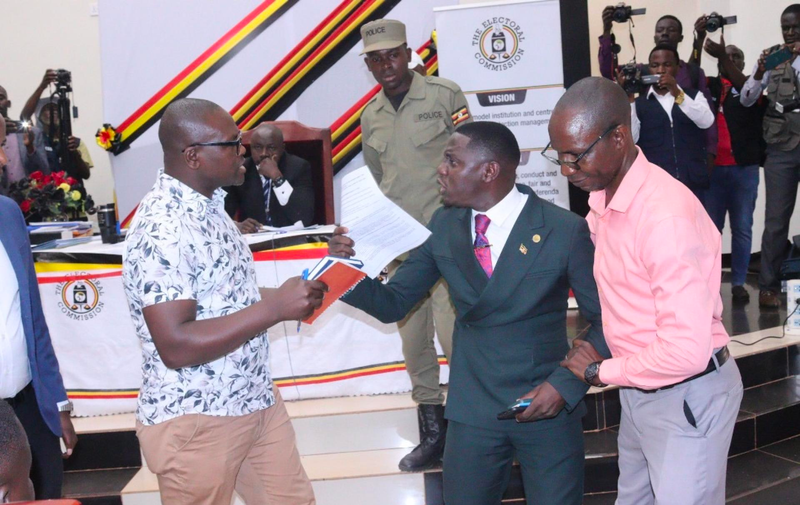
There was high drama at the Wakiso District headquarters on Thursday morning as independent candidates exchanged words over campaign symbols during nominations for the Kyadondo East parliamentary race.
The standoff began when independent aspirant Paul Magezi, who had earlier sought to contest for the presidency before opting for Parliament, accused the returning officer of unfair treatment.
Clad in an army green suit, Magezi arrived early, expecting to be the first independent to be nominated. However, when Khalid Ssimbwa, another independent, was cleared ahead of him despite arriving later, Magezi angrily confronted the returning officer demanding an explanation.
“Nomination of independents is first-come, first-served. I came here first,” Magezi shouted as plainclothes officers stepped in to calm him. His outburst drew the attention of other candidates and their supporters crowded inside the nomination hall.
Among them was Patience Jackie Nantege, another independent, who expressed concern that her desired campaign symbol, a watch, was about to be taken.
“The reason I came early was to get the watch. The returning officer should be fair,” she said.
As the situation grew tense, security personnel moved to remove Magezi, but incumbent MP Muwada Nkunyingi of the National Unity Platform (NUP) intervened.
“He is a candidate like us. You can’t drag him out. He should be heard,” Nkunyingi insisted, prompting the officers to step back.
Magezi accused Ssimbwa of attempting to “steal” his preferred symbol, a ball, which he claimed reflected his passion for the youth.
Remaining calm, the returning officer continued the exercise and nominated Ssimbwa, who eventually settled for a house symbol instead. One of Ssimbwa’s supporters later told our reporter that their camp had initially wanted the ball since their candidate is a strong promoter of youth talent and a benefactor of the Kyandondo County Club in the Buganda Masaza tournament, which enjoys popularity in the Buganda Kingdom.
Nantege later secured her watch symbol. However, the ball, Magezi’s first choice, was ultimately taken by Tom Muwonge, the outgoing Kasangati LC III chairperson, now contesting for Parliament. Magezi was finally nominated after opting for a radio symbol.
Meaning Behind the Symbols
Unlike party candidates who use official logos, independents are assigned symbols by the Electoral Commission (EC). These symbols play a crucial role in voter recognition, especially for illiterate voters.
Cyprian Ogwang, the EC’s Head of Research and Planning, explained that symbols are essential for guiding such voters.
"These are just symbols. We select them for the purpose of guiding the electorate on the polling day. They are easy to identify. But they are not based on any political sentiment. They must not be attached to culture or religion to avoid the possibility of some candidates misusing them,” Ogwang said.
Peter Bogere, an elections expert at the Uganda Project Implementation and Management Centre, added that while some candidates cleverly attach personal meaning to their symbols, the original purpose remains functional.
“The shrewdness of a candidate doesn’t remove the primary objective of the designated symbol. There are several symbols that are becoming more popular compared to others as independent candidates have developed a perception to an extent that they also fight to be nominated first,” he said.
He also observed that some independents maintain informal ties with political parties, citing the clock, which is associated with the People Power movement.
Data and Trends
According to EC data from the 2021 general elections, the clock emerged as the most popular independent symbol, chosen by 344 candidates. It was followed by the radio (223), chair (192), and ball (185). Less preferred were tree (1) (this symbol has now been taken over by a political party), candle (3), and saucepan (60). None of the candidates selected a boat or a bunch of matooke.
In the current election, the EC has approved 20 symbols for independents, each drawn from familiar everyday items to ensure easy recognition by grassroots voters. These include: ball, banana, boat, book, borehole, candle, car, chair, clock, coffee, cup, house, jerrycan, kettle, megaphone, pot, radio, saucepan, table, and television.
The heated confrontation at Wakiso underscored how these simple images can carry heavy political weight, symbolizing identity, visibility, and strategy for independents seeking to stand out in a crowded field.
Party Symbols
While independents scramble for EC-assigned symbols, established parties continue to rely on well-known emblems.
- NRM: Yellow Bus
- NUP: Umbrella
- People’s Front for Freedom: Mobile Phone
- FDC: Key
- DP: Hoe
- ANT: Light Bulb
- CP: Peace Sign
- DF: Tree
- EPU: Microphone
- NPP: Pen
- PPP: Lantern
- UFA: Giraffe
- RPP: Two Hands Holding the Map of Uganda
For candidates like Magezi, the chosen symbol is more than a picture, it’s a political brand, a memory cue for voters, and a vital part of campaign identity.


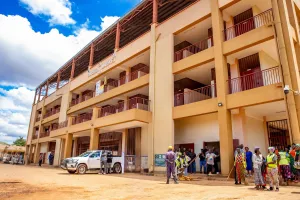
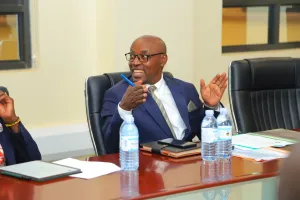
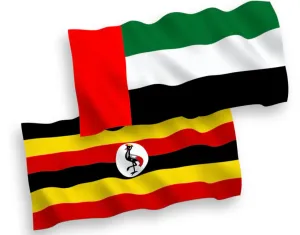
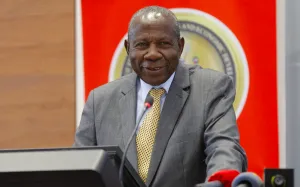






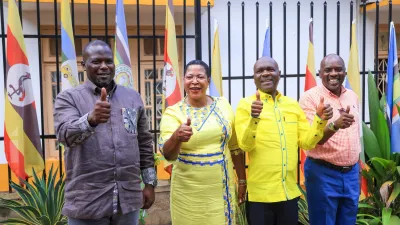
Linda Munyana
Leave a Comment
Your email address will not be published.